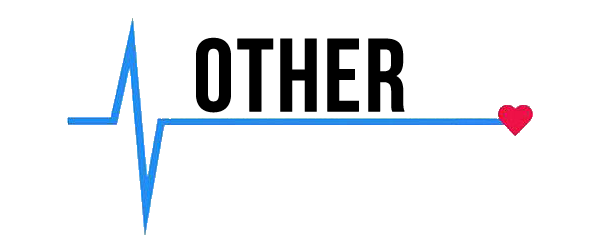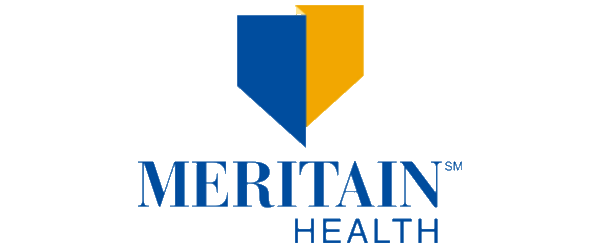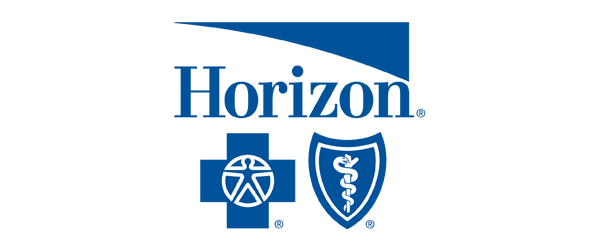Heart Health Screenings in New Jersey: Identify Your Risk Factors
Heart health screenings in New Jersey help identify your risk factors for heart disease, empowering you to reduce that risk. It’s called the silent killer because it can progress without symptoms.
Fortunately, screenings can catch problems early when they’re easier to treat and manage. A screening helps assess your risk factors transparently and openly so you can take action. This includes high blood pressure, cholesterol, diabetes, and obesity tests, as well as analyzing your family history of heart disease. Identifying these factors early allows time for proper intervention and treatment to cut down your risk of developing heart disease.
At the very least, screening detects heart conditions or abnormalities before they cause symptoms. Detecting these issues early enables prompt treatment and management, potentially preventing more serious complications like a heart attack or stroke. Based on the results of your screening, your pain management specialist can provide personalized recommendations. These are tailored to your specific risk factors and health needs.
However, certain genes passed down through family lineage can increase your susceptibility to heart disease. These genes might influence factors like cholesterol levels, blood pressure regulation, or your heart muscle’s functionality.
“While doctors check blood pressure, glucose, good cholesterol and bad cholesterol, there are three screenings many are not familiar with.” This is according to Ohio State University’s Wexner Medical Center. These screenings, and others, can “help prevent serious cardiac events even if there aren’t any symptoms.”
Family Genes and Lifestyle: Heart Health Screenings in New Jersey
Heart health screenings in New Jersey can reveal that your family history indicates a genetic predisposition to particular heart conditions. Your risk of developing heart disease may be higher if you have close relatives who’ve been diagnosed with this condition.
This especially applies when diagnosed at a young age. Genes may get passed down, affecting cholesterol levels or blood pressure, which can make heart disease even more likely. Imagine your family tree is a big puzzle. Each piece represents someone: parents, grandparents, siblings, aunts, uncles, and cousins. Some of those puzzle pieces can give us clues about your own risk.
There isn’t one single gene that guarantees heart disease. It’s more like a combination of these genes that influence your propensity, alongside how you respond to your external environment. The more information you have, the better. Ideally, you want to know: Who in your family has had heart disease? What exact type of heart disease did they have?
Details are important. Some conditions, like a very rare genetic condition called Familial Hypercholesterolemia (FH), can cause extremely high cholesterol levels. This can cause early heart disease in younger individuals. Another clue is whether there’s a pattern of younger-age heart disease in your family.
Here’s the good news: even with a family history, it’s not a done deal. Think of genes as loaded dice; they can increase your odds, but thankfully they don’t control the outcome.
Family History is All About Good, Quality Research
Researching your family history for heart disease is what specialists who administer heart health screenings in New Jersey oftentimes recommend. Also, identifying related conditions can be a valuable step toward understanding your health risks.
So, what details do you need to uncover regarding your family history and genes?
Start by asking your family. Find out if anyone had heart disease, heart attacks, strokes, or high blood pressure in the past. Get as much detail as you can. How old were they when it happened? What kind of treatments were needed, and did they have any other health issues? This information will help you and your doctor or pain management specialist understand your own risk better.
Kick off your research by picking a time and place where your family members feel comfortable and relaxed. Avoid bringing up the topic during stressful or busy moments. You might consider having these conversations during routine or holiday family gatherings, or when you’re spending quality time together.
Start with your immediate family. Parents and siblings are usually the best first point of contact before moving on to others. Ask open-ended questions, but remember to be sensitive. Phrase your questions respectfully, and focus on understanding your risk, not prying too much into personal details.
Don’t be judgmental. Not everyone may be willing or ready to share personal health information, and that’s okay. Respect their boundaries, and reassure them that you’re not prying or trying to invade their privacy.
Above all, be an active listener during your conversations. Give your family members your full attention, and avoid interrupting or rushing them. Encourage them to share as much detail as they’re comfortable doing.
Heart Health Screenings in New Jersey and Your Lineage Roadmap
Experts who manage heart health screenings in New Jersey will tell you it’s important to take notes during family conversations. Write down names and ages of family members at the time of their diagnosis or event. Include specific health conditions, any treatments received, and any other relevant details.
Online ancestry-search platforms can offer insight into health conditions listed in historical documents, including obituaries and death certificates. However, privacy restrictions and data accuracy may be limited. Still, you can create your own family health history document to record information gathered. Focus on key details, noting the relative’s name, relationship to you, and the specific condition. The age of diagnosis is also crucial.
Above all, privacy and confidentiality are essential. Respect the privacy of your family members and the confidentiality of the information they share. Avoid sharing sensitive health information with others without their explicit consent. Reassure them that the information will be kept a secret. If someone is uncomfortable sharing specifics, don’t poke too much to get an answer.
In some instances, you may want to consider genetic testing with a doctor’s consultation. Sometimes if there’s a strong family history of early-onset heart disease, your doctor might recommend it. This checks for specific conditions like Familial Hypercholesterolemia, the rare condition mentioned above. This inherited genetic disorder can cause high levels of Low Density Lipoprotein Cholesterol, also known as bad cholesterol. Over time, plaque narrows the arteries, reducing blood flow to the heart and other organs.
That’s why early diagnosis and appropriate management of Familial Hypercholesterolemia are crucial. It helps in reducing the risk of cardiovascular complications and improving long-term outcomes for affected individuals. This is just one of many examples of getting out in front of potential heart-health problems early.
Fight Back Through Cardiovascular Health Choices
Through heart health screenings in New Jersey and making healthier choices, you can fight back. The American Heart Association has documented eight essential key measures for improving and maintaining cardiovascular health. Better cardiovascular health helps lower the risk for heart disease, stroke, and other major health problems.
These include:
- Eating better. Aim for a healthy eating pattern. Include whole foods, fruits, vegetables, lean protein, nuts, and seeds in your diet. Cook in non-tropical oils, such as olive and canola oil.
- Staying active. Adults should get two-and-a-half hours of moderate exercise per week, or 75 minutes of vigorous physical activity.
- Getting enough sleep and healthier sleep. Most adults need 7-9 hours of sleep each night.
- Managing your weight. Achieving and maintaining a healthy weight has many benefits. Optimal Body Mass Index is less than 25. Less than 18.5 is considered underweight.
- Controlling cholesterol. Your physician may consider bad cholesterol the right number to monitor rather than total cholesterol. It can be reliably and routinely measured.
- Managing your blood sugar. Most of the food we eat is turned into glucose, or blood sugar, that our bodies use as energy. Over time, high levels can damage your heart, kidneys, eyes, and nerves.
- Managing your blood pressure. Keeping your blood pressure within acceptable ranges can keep you healthier for longer. Levels measuring less than 120-over-80 are optimal.
Wellness and Pain
Find your heart health screenings in New Jersey by visiting Wellness and Pain. We offer conservative treatments, routine visits, and minimally invasive quick-recovery procedures. We can keep you free of problems by providing lifestyle education and home care advice. This enables you to avoid and manage issues, quickly relieving your inhibiting lifestyle conditions when complications arise.
At Wellness and Pain, we personalize patient care plans based on each patient’s condition and unique circumstances. We help to improve wellness, increase mobility, relieve pain, and enhance your mental space and overall health.











